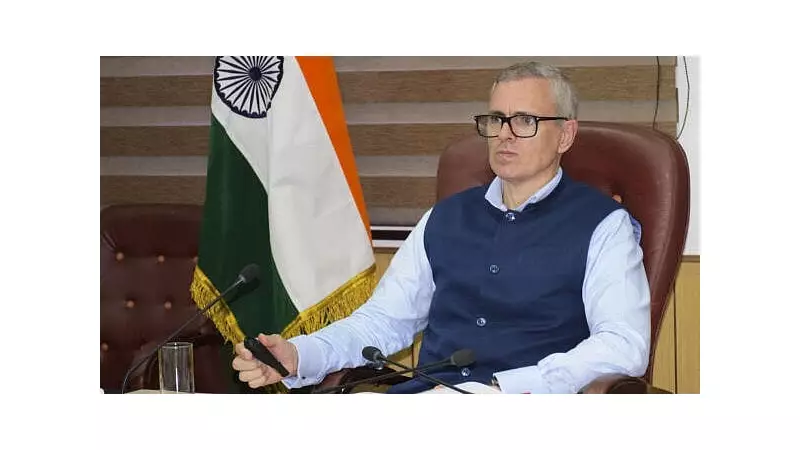
In a significant political development that has exposed fresh fault lines within the opposition, former Jammu and Kashmir Chief Minister Omar Abdullah has publicly defended the National Education Policy (NEP), putting him at odds with his own party colleague Rahul Gandhi.
The controversy erupted when Rahul Gandhi, during his ongoing Bharat Jodo Nyay Yatra, launched a scathing attack on the NEP, labeling it as an instrument that poses a serious threat to India's diverse education system and cultural fabric.
Abdullah's Surprising Defense
Breaking ranks with the Congress leadership, Omar Abdullah offered a contrasting perspective. "I don't see the NEP as a threat to the country's education system," the National Conference leader stated unequivocally.
Abdullah elaborated that while he maintains reservations about certain aspects of the policy's implementation in Jammu and Kashmir, he fundamentally disagrees with the characterization of NEP as dangerous to Indian education.
The Jammu and Kashmir Context
The former chief minister highlighted the unique challenges facing education in the union territory, noting that the region already grapples with insufficient infrastructure and a shortage of qualified teachers. "Our education system in J&K has bigger problems to address first," Abdullah emphasized, pointing to more pressing concerns than the NEP itself.
Political Implications
This public disagreement reveals several critical developments:
- A growing divide within opposition parties on education policy
- The complexity of forming a unified stance against government initiatives
- Regional leaders asserting independent positions on national issues
- The challenge of maintaining opposition unity ahead of elections
Broader Education Debate
The NEP, hailed by the government as a transformative reform that will modernize India's education landscape, has become a political battleground. Supporters argue it brings much-needed updates and global competitiveness, while critics contend it imposes a homogenized system that undermines India's educational diversity.
As the debate intensifies, Abdullah's stance demonstrates that the NEP discussion transcends traditional political alliances, with regional considerations and practical implementation concerns taking precedence over party lines.






